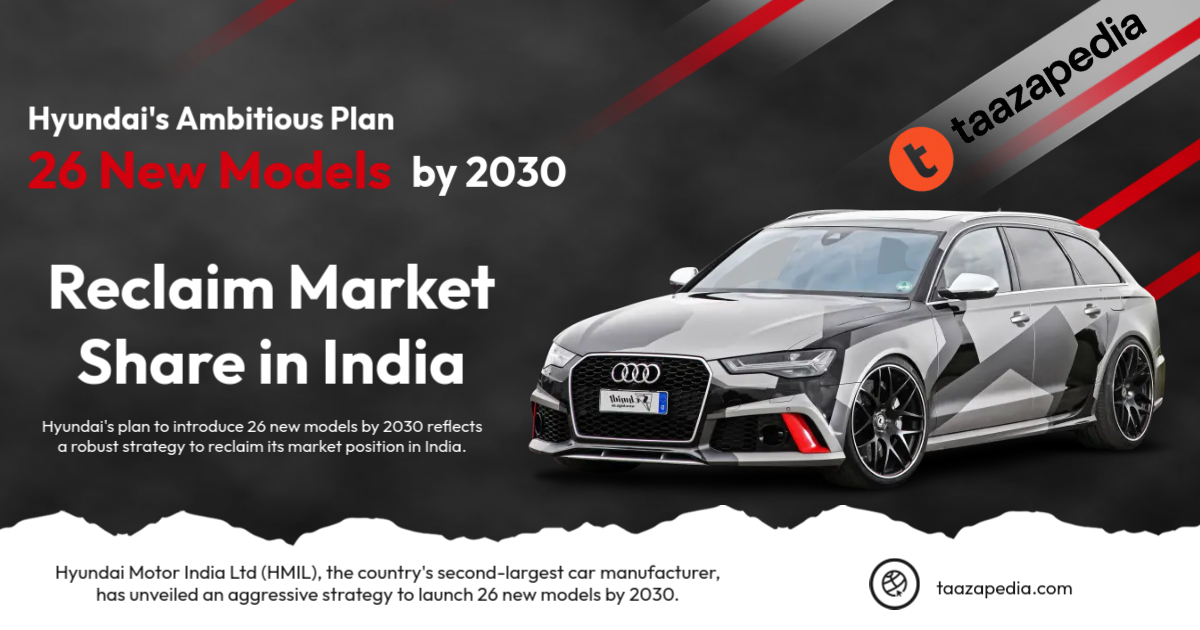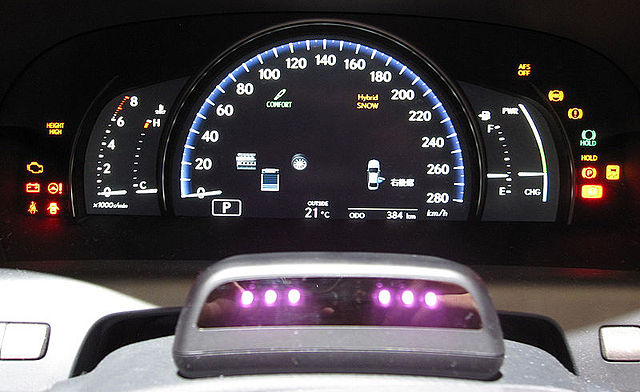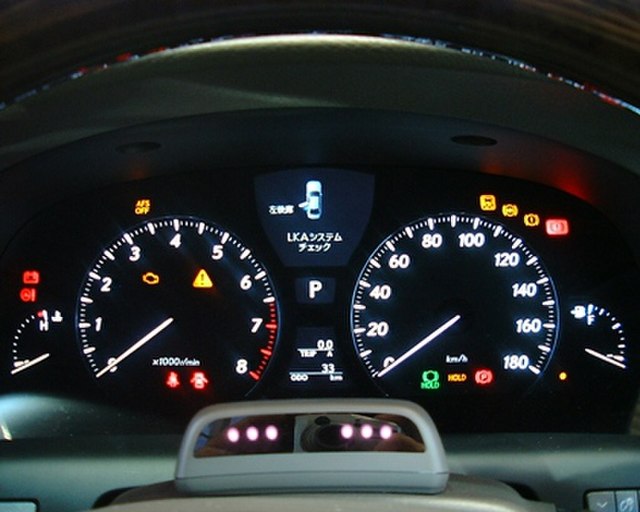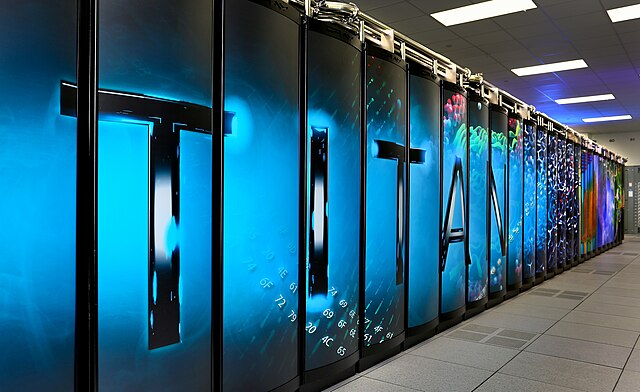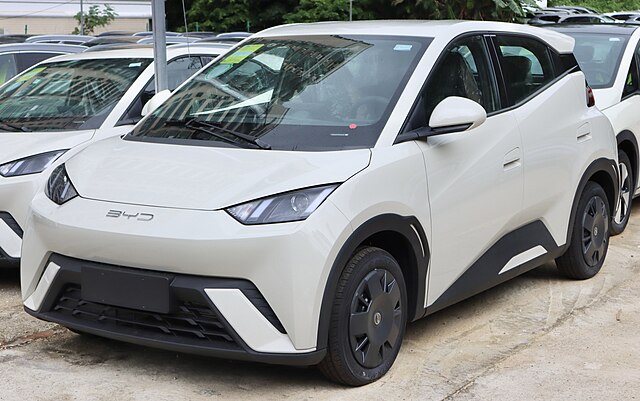The race for advanced driver assistance systems (ADAS) is heating up, with automakers pushing the limits of autonomous driving, safety, and AI-powered features. In 2025, Hyundai, Tesla, and Mercedes-Benz are leading the pack with cutting-edge ADAS technology.
But which brand offers the best ADAS features – Hyundai’s Highway Driving Assist 2, Tesla’s Full Self-Driving (FSD), or Mercedes’ DRIVE PILOT?
In this detailed comparison, we’ll break down their autonomous capabilities, safety tech, and real-world performance to help you decide.
What is ADAS & Why Does It Matter in 2025?
ADAS (Advanced Driver Assistance Systems) includes features like:
Adaptive Cruise Control (ACC)
Lane Keeping Assist (LKA)
Automatic Emergency Braking (AEB)
Self-Parking & Traffic Jam Assist
Level 2+ to Level 4 Autonomous Driving
In 2025, these systems are becoming smarter, more reliable, and closer to full autonomy.
Hyundai ADAS: Highway Driving Assist 2 (HDA 2)
Available in: Hyundai Ioniq 6, Kia EV9, Genesis GV60
Key Features:
-
Level 2 Autonomy (hands-on steering required)
-
Lane Change Assist (automatically switches lanes when prompted)
-
Navigation-based Smart Cruise Control (adjusts speed for curves & exits)
-
Remote Smart Parking Assist (via smartphone)
Pros:
✔ More affordable than Tesla/Mercedes
✔ Smooth highway performance
✔ Great for daily commuting
Cons:
❌ Not as advanced as Tesla FSD
❌ Limited autonomous city driving
Tesla ADAS: Full Self-Driving (FSD) v12+
Available in: Tesla Model 3, Model Y, Cybertruck
Key Features:
-
Level 2+ Autonomy (nearly Level 3 in some regions)
-
AI-Powered Vision-Only System (no radar, just cameras)
-
City Streets Autopilot (handles traffic lights, stop signs, turns)
-
Summon & Auto Park (smart parking without driver input)
Pros:
✔ Most advanced AI self-driving system
✔ Continuous over-the-air (OTA) updates
✔ Best for tech-savvy drivers
Cons:
❌ Expensive ($12,000+ for FSD)
❌ Requires driver supervision (not fully autonomous yet)
Mercedes-Benz ADAS: DRIVE PILOT (Level 3)
Available in: Mercedes EQS, S-Class
Key Features:
-
Level 3 Conditional Autonomy (driver can take hands off in traffic jams)
-
LiDAR + Camera + Radar Fusion (ultra-precise detection)
-
Legal Self-Driving in Some Regions (Germany, US states like Nevada)
-
Emergency Stop Assist (if driver is unresponsive)
Pros:
✔ First legally approved Level 3 system
✔ Ultra-luxurious & safe
✔ Best for highway & traffic jams
Cons:
❌ Very expensive (only in premium models)
❌ Limited availability (geographically restricted)
ADAS Comparison: Hyundai vs. Tesla vs. Mercedes
| Feature | Hyundai HDA 2 | Tesla FSD | Mercedes DRIVE PILOT |
|---|---|---|---|
| Autonomy Level | Level 2 | Level 2+ | Level 3 |
| Highway Assist | ✅ Yes | ✅ Yes | ✅ Yes |
| City Driving | ❌ Limited | ✅ Yes | ❌ Traffic-jam only |
| Self-Parking | ✅ Yes | ✅ Yes | ✅ Yes |
| Legal Hands-Free | ❌ No | ❌ No | ✅ Yes (in some regions) |
| Cost | 2,000−5,000 | $12,000+ | $10,000+ (included in luxury trims) |
Which One is the Best ADAS Car in 2025?
Best Budget ADAS: Hyundai/Kia
-
Great value, smooth highway assist, ideal for daily use.
Best Tech & AI: Tesla
-
Most advanced self-learning system, best for futurists.
Best Luxury & Legal Autonomy: Mercedes
-
Only Level 3-approved system, perfect for premium buyers.
Final Verdict: Who Should Buy Which?
-
Choose Hyundai if you want affordable, reliable ADAS.
-
Choose Tesla if you want cutting-edge AI autonomy.
-
Choose Mercedes if you want legal hands-free driving & luxury.





